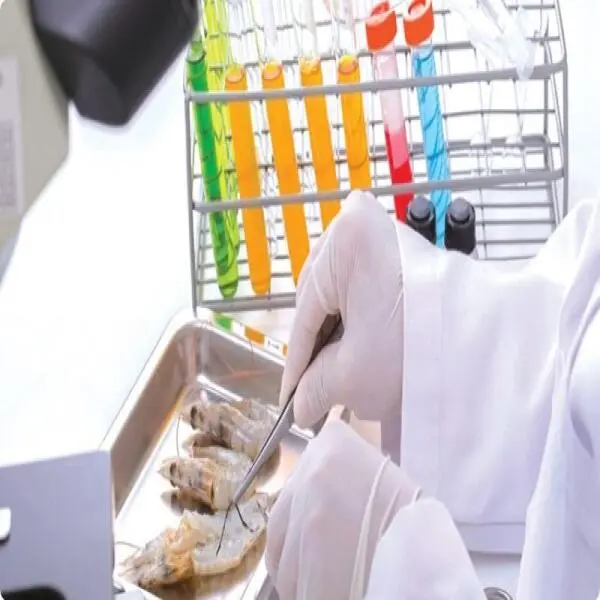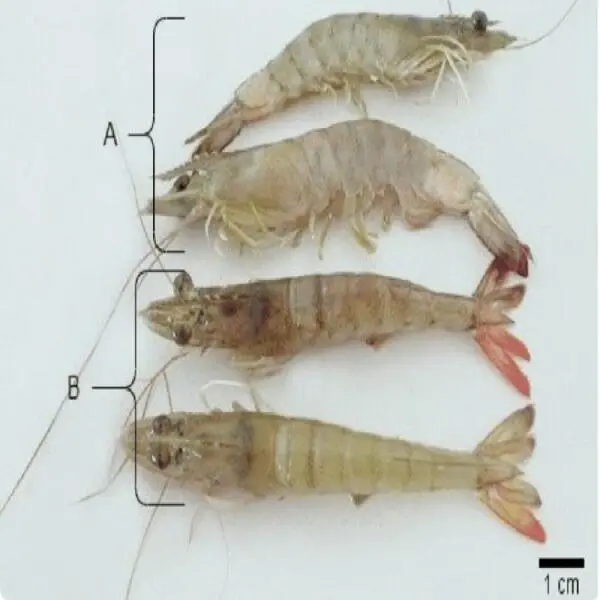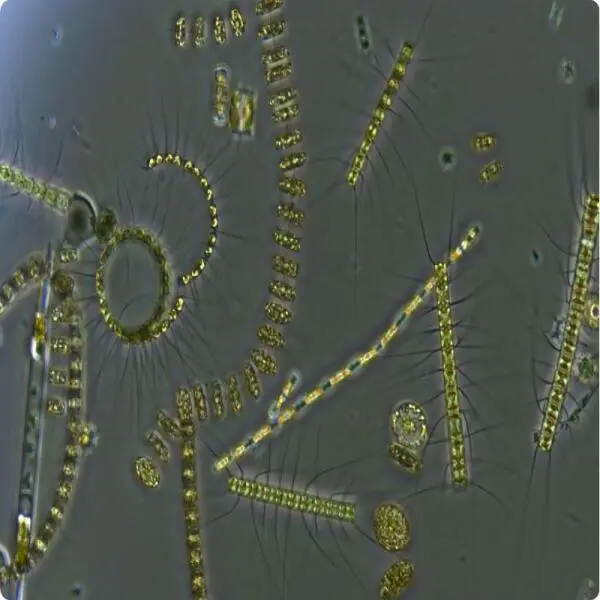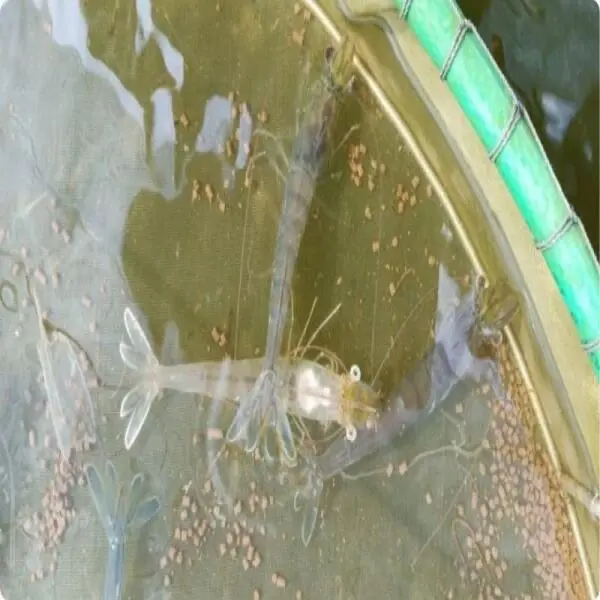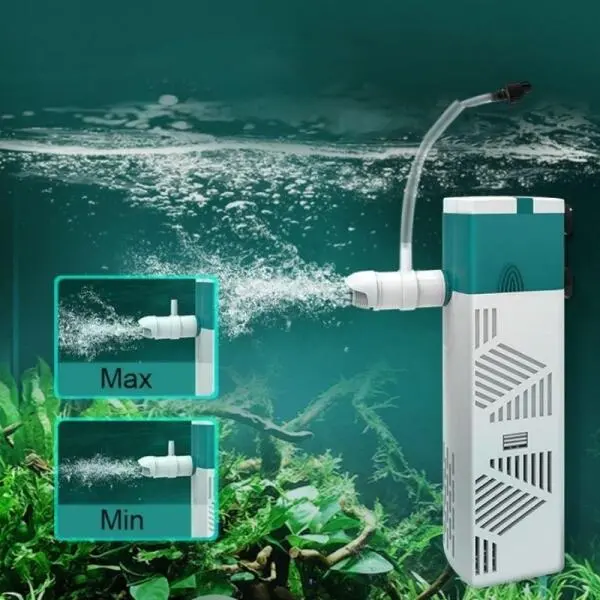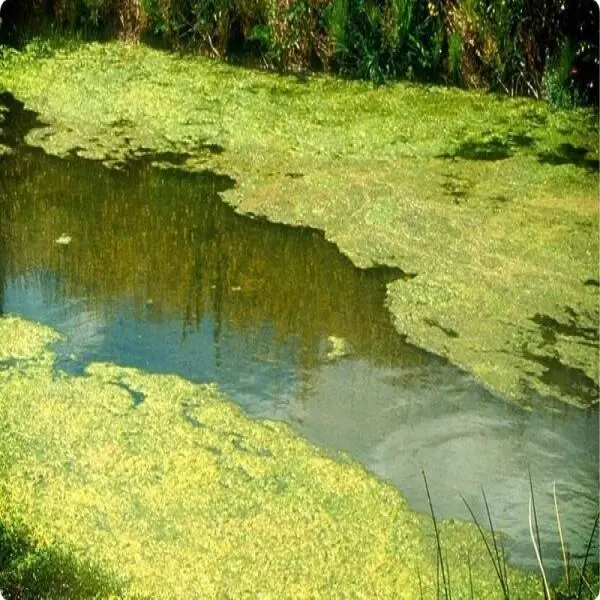
In shrimp farming, responsible practices and safe products are as crucial as productivity for long-term success. The Good Shrimp Cultivation Methods (CBIB) certification stands out as a vital framework that ensures food safety, environmental sustainability, and compliance with modern aquaculture standards. In this article, we’ll explore the principles, requirements, and benefits of CBIB certification, and why it is essential for shrimp farming.
CBIB Certification and Its Importance
CBIB, or Good Aquaculture Practices, is a methodology that ensures responsible fish and shrimp farming. It promotes sustainable practices through strict oversight of sanitation, feed, medication, chemicals, and biological factors. CBIB certification, issued by Indonesia’s Ministry of Maritime Affairs and Fisheries, evaluates aquaculture operations against four key aspects:
Food safety ensures that aquaculture products meet health standards, providing confidence to consumers and protecting public health. Animal health and welfare are prioritized to prevent the spread of diseases while ensuring humane treatment. Environmental responsibility emphasizes the need to minimize aquaculture’s ecological footprint, including proper waste management and resource utilization. Lastly, socio-economic impact reflects on the role of aquaculture in local community development, focusing on fair labor practices and economic benefits.
Additionally, CBIB-certified farms must adhere to traceability and biosecurity measures, ensuring accountability and minimizing risks to the ecosystem. By integrating these principles, CBIB certification positions shrimp farming as a sustainable and economically viable sector.
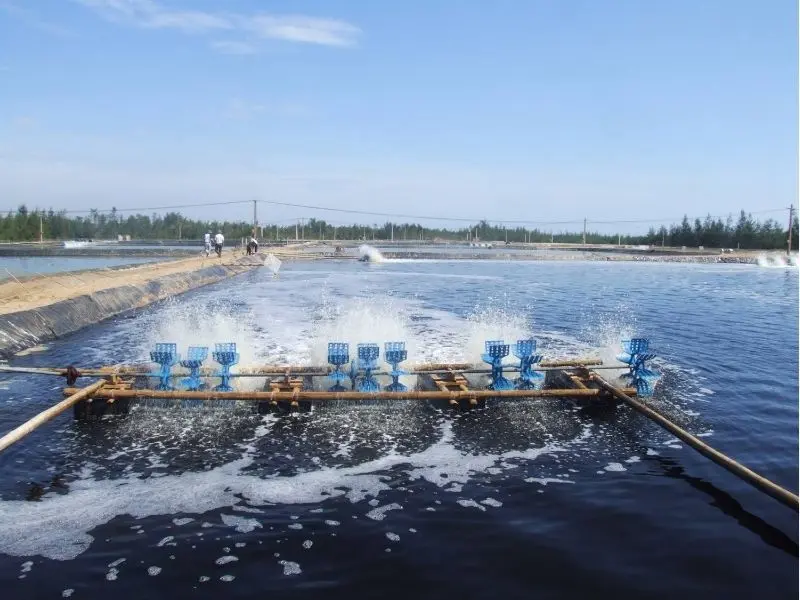
CBIB Certification and Its Importance
Regulatory Framework for CBIB Implementation
CBIB implementation is guided by the Maritime Affairs and Fisheries Ministerial Regulation No. 10 of 2021. This regulation categorizes businesses into micro-small and medium-large scales, each with distinct requirements.
Micro-Small Businesses
Micro businesses are defined as having capital up to 1 billion IDR, while small businesses range between 1-5 billion IDR. These businesses must obtain a Business Identification Number (NIB) and complete a self-declaration for standard certification. They are required to implement CBIB principles and meet organizational, operational, and safety standards within one year of self-declaration.
Medium-Large Businesses
Medium businesses have capital of 5-10 billion IDR, and large businesses exceed 10 billion IDR. They must obtain a verified Standard Certificate and Business Identification Number. Additionally, they are required to meet facility, organizational, and process requirements while ensuring compliance with CBIB principles within one year of starting operations.
Fundamental Requirements for CBIB Certification
The certification process involves meeting main and supporting requirements, which vary by business size. Let's investigate these categories further.
For Micro-Small Businesses
The main requirements for these businesses include the suitability of space utilization (KKPR) and environmental approval for operations impacting less than 10 hectares. They also need business permits, including a Business Identification Number and self-certified standard certification. Supporting requirements include licensing to support business activities (PB UMKU).
For Medium-Large Businesses
Medium-large businesses must meet more stringent requirements. These include KKPR for land and marine use, environmental approval regardless of scale, and business licensing that incorporates verified standard certification. Supporting requirements are similar to those for smaller businesses but with a focus on stricter adherence to standards.
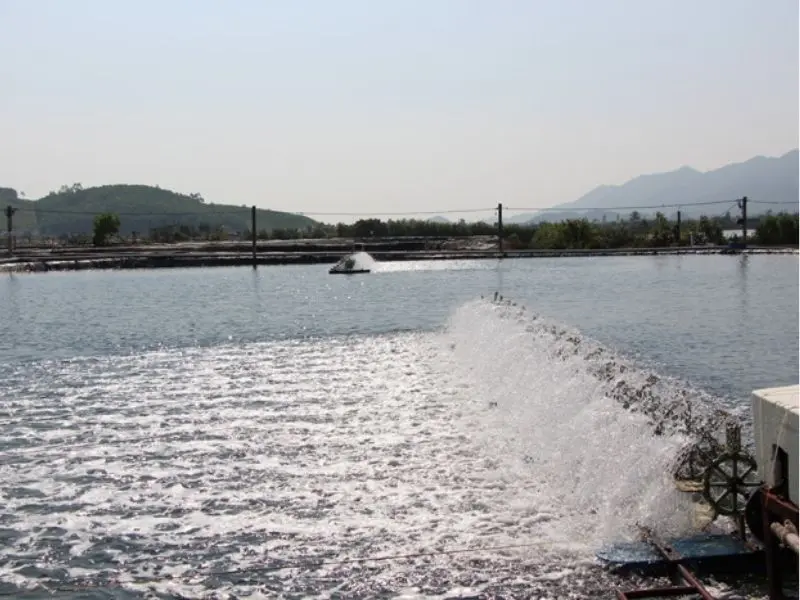
Fundamental Requirements for CBIB Certification
Why CBIB Certification is Vital
CBIB certification offers several compelling benefits, making it indispensable for shrimp farmers.
First and foremost, quality assurance ensures that certified farms adhere to high standards, guaranteeing product safety and sustainability. Consumer trust is bolstered, as modern consumers demand transparency and safety, which CBIB certification fulfills, enhancing brand reputation. Additionally, the certification opens export opportunities, as many countries mandate CBIB certification for imported shrimp, providing access to lucrative international markets. Lastly, certified products command higher prices, enhancing competitiveness and market positioning.
Criteria for CBIB Certification
The criteria for CBIB (Good Shrimp Cultivation Methods) certification are designed to ensure that shrimp farms operate responsibly and sustainably, meeting high standards for safety, efficiency, and environmental stewardship. These criteria encompass a comprehensive evaluation of the entire farming process, covering location, design, equipment, and management practices.
The location of the farm plays a pivotal role in determining its compliance with CBIB standards. It must align with regional spatial plans, ensuring that operations do not interfere with protected areas or ecosystems. Farms must also have access to clean water sources and maintain a safe distance from potential contamination sources, such as industrial facilities or waste disposal sites.
The design and layout of the farm are equally critical. Farms should minimize contamination risks by incorporating effective drainage systems, dedicated sanitation areas, and environmentally friendly practices. Proper layout ensures that waste is managed efficiently and does not harm surrounding ecosystems.
In terms of equipment, all tools and machinery used on the farm must be safe, easy to clean, and designed with environmental considerations in mind. For instance, aerators and feeding systems should minimize energy consumption and reduce environmental impact.
The selection of shrimp fry is another crucial factor. Only fry from CPIB-certified hatcheries are acceptable, ensuring that they are free from diseases and have undergone rigorous PCR testing. Similarly, feed management is monitored to ensure that only registered and appropriately stored feed is used.
CBIB also emphasizes health and biosecurity measures, requiring routine health monitoring of shrimp, effective waste management systems, and biosecurity protocols to prevent disease outbreaks. Environmental management further ensures the efficient use of resources, proper disposal of waste, and restoration efforts to mitigate the farm's ecological footprint.
Finally, criteria such as harvest practices, personnel competency, and documentation ensure that farms maintain consistent quality, adhere to labor laws, and record all processes comprehensively. These standards collectively uphold CBIB's mission to promote responsible and competitive shrimp farming.
Steps to Secure CBIB Certification
Obtaining CBIB certification involves several systematic steps:
Preparation of Documentation: Businesses must prepare documentation that includes a business license or registration, facility layout, operational details, workforce details, and organizational structure.
Application Submission: The application, addressed to the provincial Marine and Fisheries Service, must include all required documentation.
Verification and Audits: Farms undergo an audit to ensure compliance with CBIB criteria. Discrepancies identified during the audit must be addressed to achieve certification.
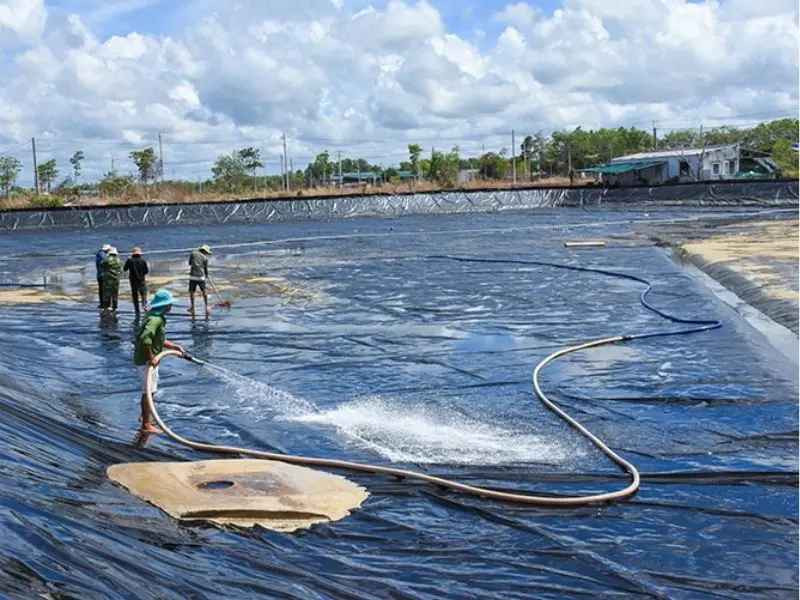
Steps to Secure CBIB Certification
Legal Foundations of CBIB Certification
CBIB certification is supported by robust legal foundations, including:
Ministerial Decree No. KEP.02/MEN/2007, which provides guidelines for Good Shrimp Farming Practices.
Ministerial Regulation No. PER.1/MEN/2007, which focuses on controlling fishery product quality assurance.
Indonesian National Standards (SNI) for aquaculture, which offer additional benchmarks for compliance.
The Future of Shrimp Farming with CBIB
CBIB certification represents a comprehensive approach to sustainable shrimp farming. By adopting these principles, farmers can ensure product safety, environmental stewardship, and economic viability. This certification not only meets current consumer and market demands but also prepares the shrimp farming industry for future challenges and opportunities.
For shrimp farmers aiming to thrive in a competitive global market, obtaining CBIB certification is a decisive step toward success. By adhering to its principles and meeting its rigorous criteria, farmers can contribute to a sustainable aquaculture future, benefiting both local communities and global consumers alike.
Related Articles
Does Shrimp PCR Testing Really Improve Shrimp Farming Outcomes?
The shrimp farming industry faces numerous challenges, among which disease outbreaks remain a ...
Understanding EHP Disease: A Growing Concern in Shrimp Farming
EHP disease has emerged as a silent yet significant challenge in shrimp farming, affecting shrimp ...
Plankton in Ponds: A Critical Element in Aquaculture and Pond Ecosystems
Phytoplankton, commonly referred to as algae, are microscopic organisms that serve as the foundation ...
How Can I Improve Shrimp Survival Rates in My Farm? The Path to Success
Shrimp survival is a critical factor in the success and profitability of shrimp farming. The ...
The Role of Wave Machines in Aquariums: How They Work and Their Benefits
Wave machines, or wavemakers, are indispensable devices in modern aquariums, mimicking natural water ...
Eutrophic Ponds: Understanding Their Dynamics and Challenges
Eutrophic ponds are fascinating yet complex ecosystems characterized by high nutrient ...

